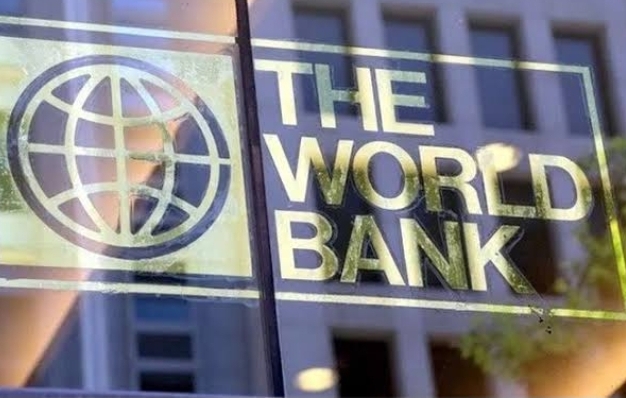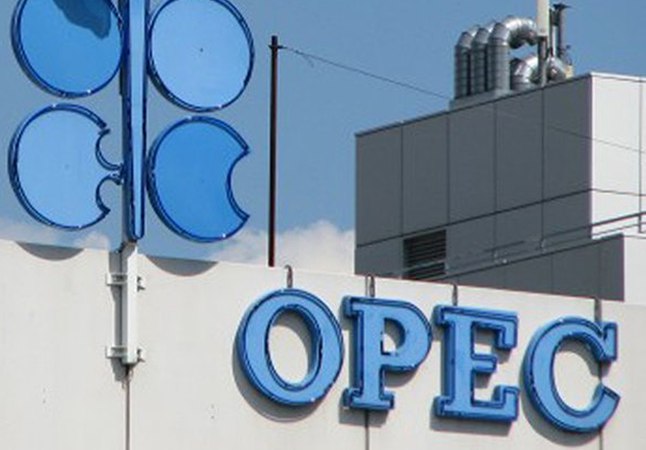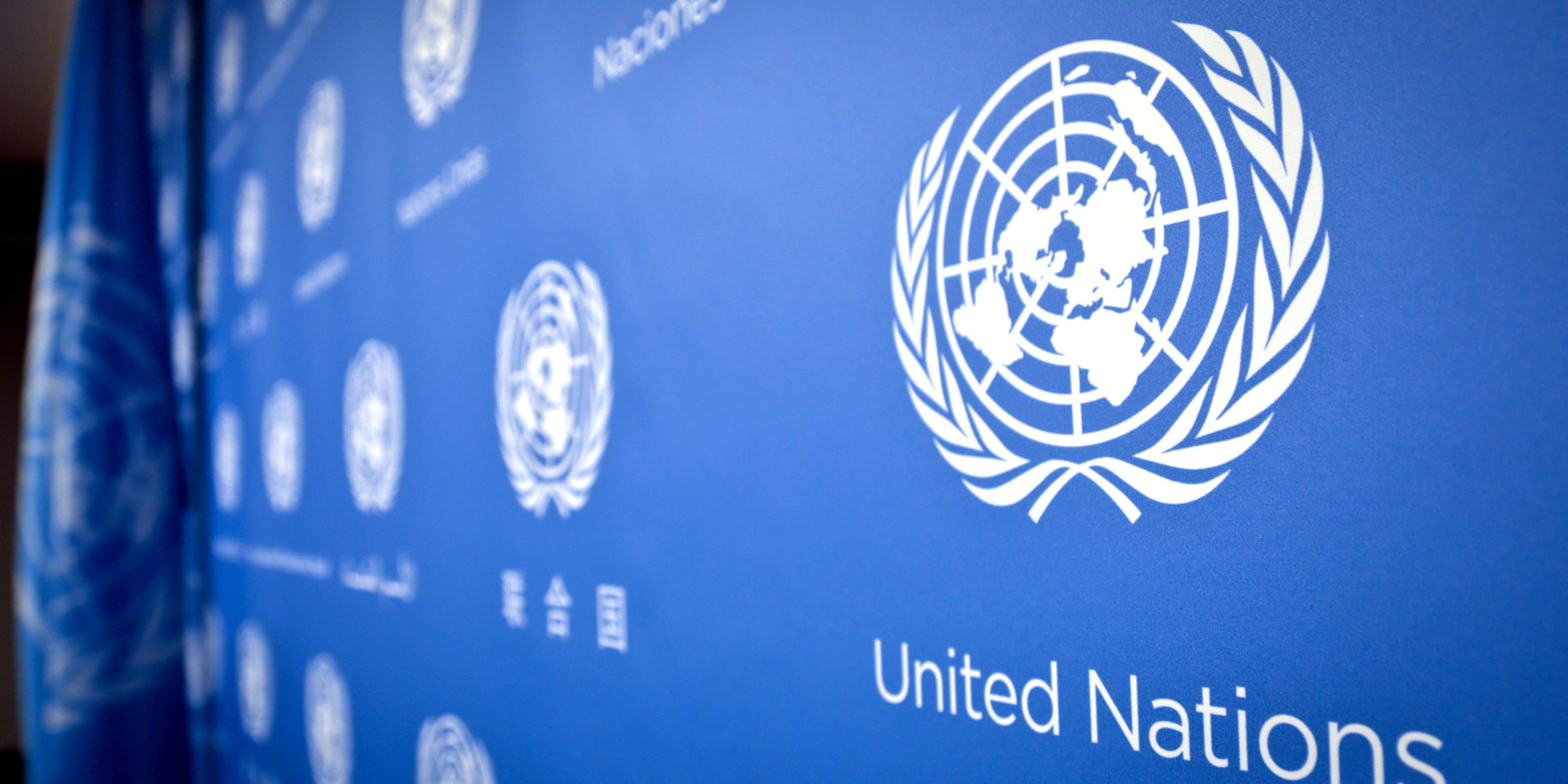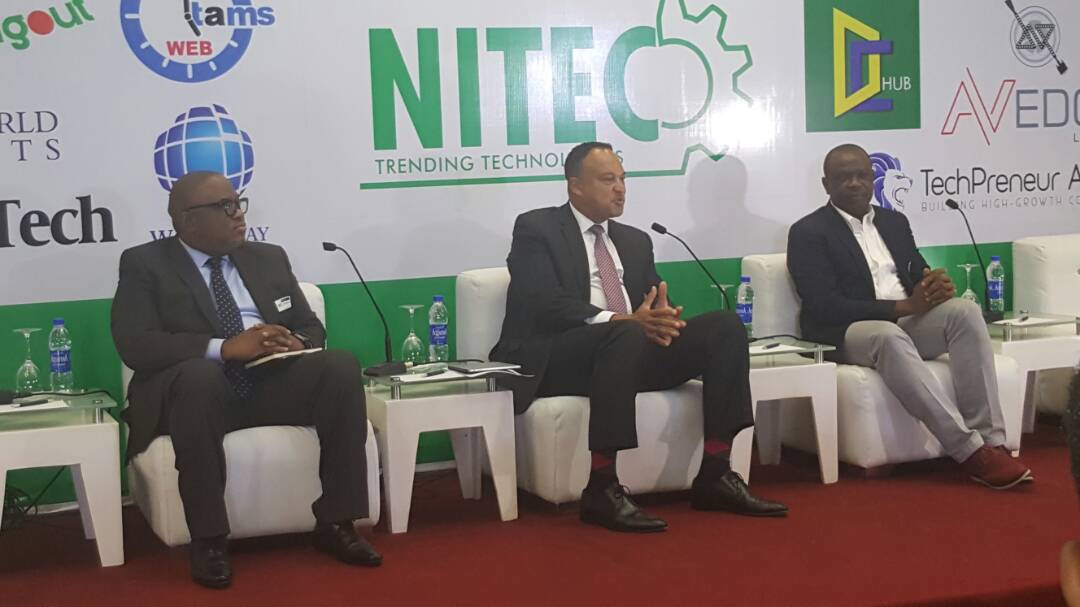The International Monetary Fund (IMF) says the global economy is projected to grow at six per cent in 2021, moderating to 4.4 per cent in 2022.
The April 2021 World Economic Outlook (WEO) was presented on Tuesday in Washington D.C. by Gita Gopinath, the fund’s Chief Economist at the ongoing IMF/World Bank Spring Meetings which began on Monday.
The report said that the projection was coming after an estimated contraction of –3.3 per cent in 2020.
The IMF said that the contraction for 2020 was 1.1 percentage points smaller than projected in the October 2020 WEO.
This, it said reflected the higher-than-expected growth outturns in the second half of the year for most regions after lockdowns were eased and as economies adapted to new ways of working.
“The projections for 2021 and 2022 are 0.8 percentage point and 0.2 percentage point stronger than in the October 2020 WEO, reflecting additional fiscal support in a few large economies and the anticipated vaccine-powered recovery in the second half of the year.
“Global growth is expected to moderate to 3.3 per cent over the medium term, reflecting projected damage to supply potential and forces that predate the pandemic, including aging-related slower labour force growth in advanced economies and some emerging market economies.
“Thanks to unprecedented policy response, the COVID-19 recession is likely to leave smaller scars than the 2008 global financial crisis.”
The report said that the United States of America was expected to grow by 6.4 per cent and China by 8.4 per cent in 2021.
The report, however, said that emerging market economies and low-income developing countries had been hit harder and were expected to suffer more significant medium-term losses.
For Sub-Saharan Africa, growth was estimated at 3.4 per cent, with South Africa at 3.1 per cent and Nigeria at 2.4 per cent.
The IMF said that there were divergent impacts with output losses particularly large for countries that relied on tourism and commodity exports and for those with limited policy space to respond.
It added that many of the countries entered the crisis in a precarious fiscal situation and with less capacity to mount major health care policy responses or support livelihoods.
According to the report, the projected recovery follows a severe contraction that has had particular adverse employment and earnings impacts on certain groups.
The IMF said youth, women, workers with relatively lower educational attainment and the informally employed had generally been hit hardest and income inequality was likely to increase significantly because of the pandemic.
“Close to 95 million more people are estimated to have fallen below the threshold of extreme poverty in 2020 compared with pre-pandemic projections.
“Moreover, learning losses have been more severe in low-income and developing countries, which have found it harder to cope with school closures and especially for girls and students from low-income households.
“Unequal setbacks to schooling could further amplify income inequality.”
Gopinath said that once the health crisis was over, policy efforts could focus more on building resilient, inclusive and greener economies, both to bolster the recovery and to raise potential output.
She also said that priorities should include investing in green infrastructure to help mitigate climate change, strengthen social assistance and social insurance to arrest rising inequality.
Also, introduce initiatives to boost productive capacity and adapt to a more digitalised economy and resolve debt overhangs.
She added that policymakers should continue to ensure adequate access to international liquidity.
According to Gopinath, major central banks should provide clear guidance on future actions with ample time to prepare to avoid taper-tantrum kinds of episodes as occurred in 2013.
“Low-income countries will benefit from further extending the temporary pause on debt repayments under the Debt Service Suspension Initiative and operationalising the G20 Common Framework for orderly debt restructuring.
“Emerging markets and low-income countries will benefit from a new allocation of the IMF’s special drawing rights and through pre-emptively availing themselves of the IMF’s precautionary financing lines, such as the Flexible Credit Line and the Short-Term Liquidity Line.
“Even while all eyes are on the pandemic, it is essential that progress be made on resolving trade and technology tensions.”
She also urged countries to cooperate on climate change mitigation, digitalisation, modernisation of international corporate taxation and on measures to limit cross-border profit shifting, tax avoidance and evasion.
The spring meeting which is being held virtually will end on Sunday.







